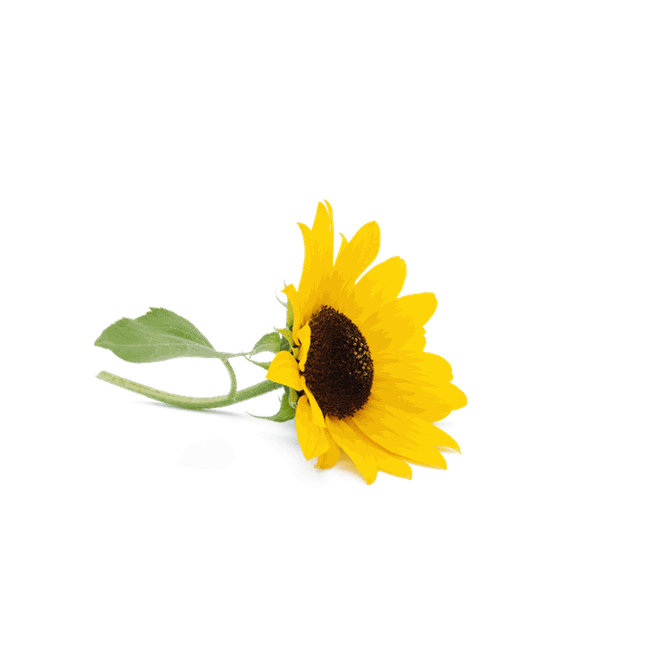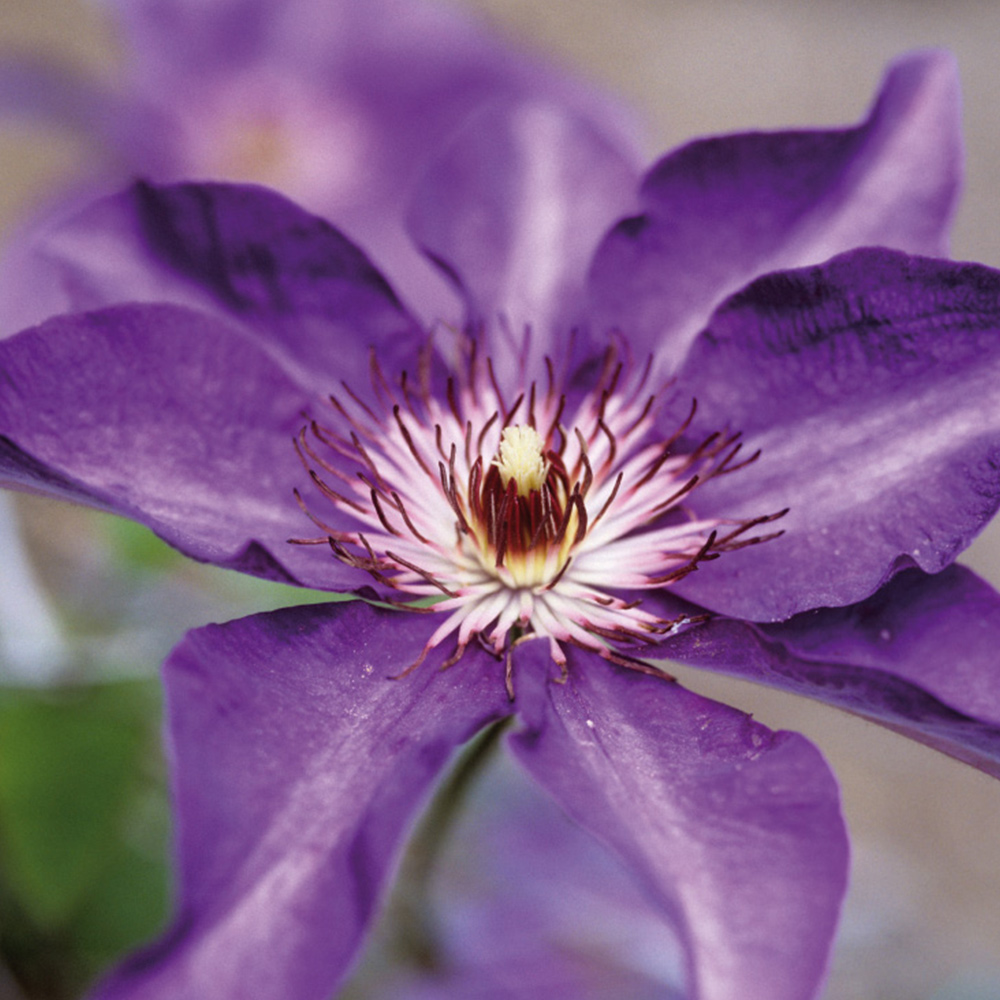Climbing plants
One of the most common requests from balcony owners is an effective and beautiful screen to protect against wind and enhance privacy. Depending on the building requirements and the specifications of the owner, attaching a fixed privacy screen is often not possible. Creating a privacy screen from climbing plants is a great solution.
What climbers to choose?
Climbing plants come in annual and perennial varieties. Annual varieties such as Ipomoea, Black-eyed Susan and sweet peas or even cucumbers grow within a few months and look lovely all summer long. They are great where a fast solution is needed. You can also try something new every year. On the other hand, perennial species such as ivy or honeysuckle are green all year round and should be selected with care.
What kind of support?
Climbing plants have come up with different strategies to help them climb upwards, which you should keep in mind when selecting a support.
Twiners wind the tips of their shoots around vertical wires, string or poles and grow upwards in this way. Annual varieties of twiners include Black-eyed Susan and Ipomoea and Morning Glory. Twiners can also climb up trellis with wider spacing in-between.
In contrast, climbers prefer grid-like structures where crosspieces prevent the growing plants from slipping down as they grow in size and weight. Climbers include sweet peas and vine, as well as clematis and the annual Canary nasturtium.
Be careful with ivy and Co.
Self-clinging climbers like ivy and climbing hydrangea usually do not need a support. They form aerial roots that help them to cling to rough surfaces. By contrast, Virginia creeper can even overcome smoother services with its adhesive aerial roots.
Be careful with ivy and Virginia creeper: ivy can easily reach heights of 30 m, block and bend guttering, shift roof tiles or grow in the eaves under the roof and lift sections of the roof when its shoots become thicker. It must be regularly cut back. Virginia creeper can also grow “wild”. In both, it is important to repeatedly check to see if their growth is getting out of control.
Do not choose a pot that is too small
If you want to grow climbers on your balcony, you will need a relatively large plant pot in order to give the roots sufficient space. Tubs should have a minimum diameter of around 50 cm. Perennial plants grow better when the pot is even bigger.




